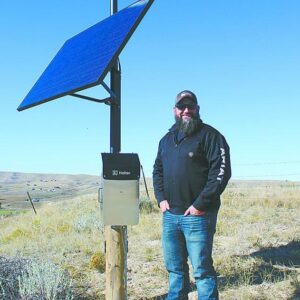Google says that it’s softening its plan to require each Android developer — even exterior of the Play Retailer — to confirm their id, a transfer which critics warned may kill sideloading for good. The corporate now says it’s creating a workflow to permit “skilled customers” to put in apps from unverified builders.
Obligatory verification for builders even exterior the official Play Retailer was first announced this August, and would require builders to supply their authorized identify, tackle, e mail, and telephone quantity, and in some circumstances even add authorities ID. It drew criticism from teams just like the Keep Android Open campaign and the open supply app repository F-Droid, which argued the transfer “ends the flexibility for people to decide on what software program they run on the units they personal.”
That plan continues to be going forward, with early access to the verification scheme launched yesterday, however Google has made an essential concession. The corporate says it’s now creating an “superior move that enables skilled customers to just accept the dangers of putting in software program that isn’t verified.” This set up move will embody safeguards to guard people who find themselves being coerced into putting in a harmful app, or tricked by a scammer, together with “clear warnings to make sure customers totally perceive the dangers concerned.”
Google can be engaged on a brand new developer account kind for college kids and hobbyists, which received’t need to undergo “full verification necessities,” however will solely enable app installs on “a restricted variety of units.”
“Retaining customers secure on Android is our high precedence,” Android president Sameer Samat wrote on X. “Scammers depend on anonymity to scale their assaults. Proper now, if we block a nasty app, they will usually simply create a brand new app and take a look at once more. Verification stops this “whack-a-mole” cycle by requiring an actual id – making it a lot more durable and costlier to repeatedly distribute dangerous apps. This is a crucial change however we introduced it early to get enter. Some actually good suggestions obtained: College students want a path to be taught, and customers, particularly energy customers, need to take extra threat in what they set up. We’re making adjustments to deal with each.”
Developer verification will roll out in 2026 for builders in Brazil, Indonesia, Singapore, and Thailand, earlier than making use of globally in 2027. It’s not the one large change on the horizon for Android: Google has struck a deal with Epic to finish their lawsuit, which might see Android decrease its developer charges, calm down guidelines on fee strategies, and introduce official “Registered” third-party app shops, although that deal continues to be pending approval from the decide dealing with the case.















